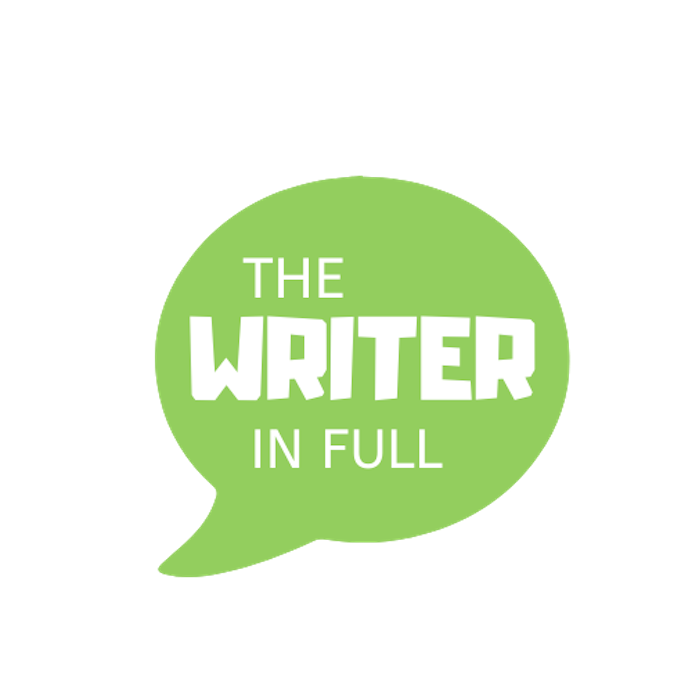Diagnosing Creative Discomfort
When it comes to creative work, there are a multitude of ways to be uncomfortable.
Financially uncomfortable, creatively uncomfortable, emotionally uncomfortable, physically uncomfortable, intellectually uncomfortable — all of these emotions arise as you hone your skills, explore new stories, try new things, risk new things, discover new things.
And it can get tricky distinguishing between things that are uncomfortable because they are helping you to grow and things that are uncomfortable because they are not the things you ought to be doing.
Does that pit in your stomach mean you are focused on the wrong project or have taken the wrong job or are pursuing the wrong degree? In other words: Is this misstep-related creative discomfort?
Or does that nagging sensation mean, simply, that you are growing toward your dreams, which is never without some measure of discomfort? In other words: Is this growth-related creative discomfort?
It’s an essential distinction, and harder to tease out than you’d think.
To help you along, I’ve made this tipsheet, culled over years spent bouncing between freelance and staff writing jobs of all sorts — and over the course of many mistakes, too.
What Growth-Related Creative Discomfort Looks and Feels Like:
· Nervous more than anxious
· Motivates you to try harder
· Centers on the particulars of a challenging task or responsibility
· Is lessened by putting in place concrete plans or strategies
· Is solution-seeking
· Fades as time passes and you develop stronger skills
· Has a flavor of giddy adventure
· Asks: Am I truly worthy of this task?
· The discomfort is lessened by studying it
What Misstep-Related Creative Discomfort Looks and Feels Like:
· Anxious more than nervous
· Makes you feel like giving up
· Is generalized and hard to pin to specific tasks or responsibilities
· Isn’t alleviated by developing concrete plans or strategies
· Is problem-oriented
· Gets worse as time passes and you develop stronger skills
· Has a flavor of dull resentment
· Asks: Is this task truly worthy of me?
· The discomfort increases the more you explore it





